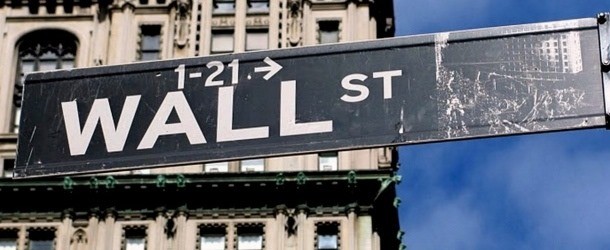Urging the Big Banks to Confront the Challenges Posed by Future Quantum Attack on Financial System

(Forbes) What are the CEO’s of America’s biggest banks and financial institutions—Bank of America, Citigroup, J.P. Morgan, Goldman Sachs, Morgan Stanley and Wells Fargo doing to protect their assets and America’s financial industry against future quantum attack? Because getting the big banks to lead the charge in getting America quantum ready is as much a matter of social responsibility as promoting racial equity; and as fundamental to our national security as it is a matter of their bottom lines. Arthur Herman, Senior Fellow at the Hudson Institute and Director of the Quantum Alliance Initiative, and co-author of “Quantum Computing: How To Address the National Security Risk” is the author of this cautionary discussion.
The Colonial Pipeline debacle has revealed how vulnerable our infrastructure is to cyberattack, including a future quantum computer attack. This is especially true of our financial infrastructure, including our leading financial markets, our global payments system, and the Federal Reserve system itself.
Preliminary econometric research at the Hudson Institute’s Quantum Alliance Initiative indicates that the cost of a quantum computer attack on our financial system would be catastrophic—far more than a successful conventional cyberattack.
A single quantum attack on one of the five largest financial institutions in the U.S. that disrupts their access to the Fedwire Funds Service payment system would cause a cascading financial failure costing anywhere from $730 Billion to $1.95 Trillion. Indeed, a quantum computer attack could impair nearly 60% of total assets in the banking system due to bank runs and endogenous liquidity traps.
It’s time to propose that the banks join together to create a Quantum Task Force made up of the country’s largest financial institutions, to promote quantum and post-quantum solutions to cyberattacks not just for themselves but throughout the financial system.



















